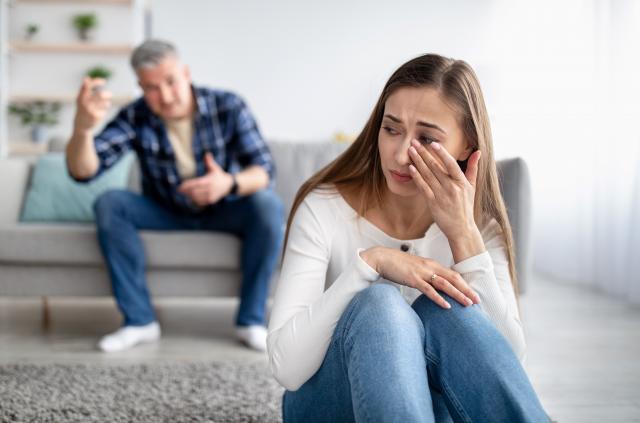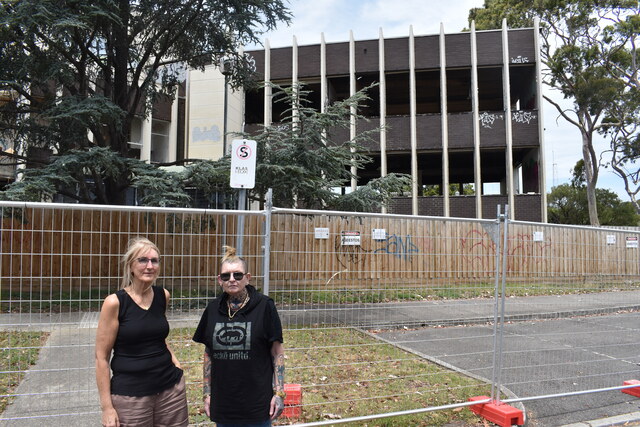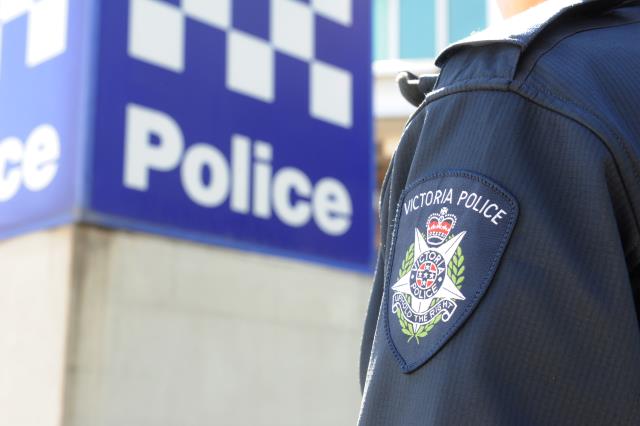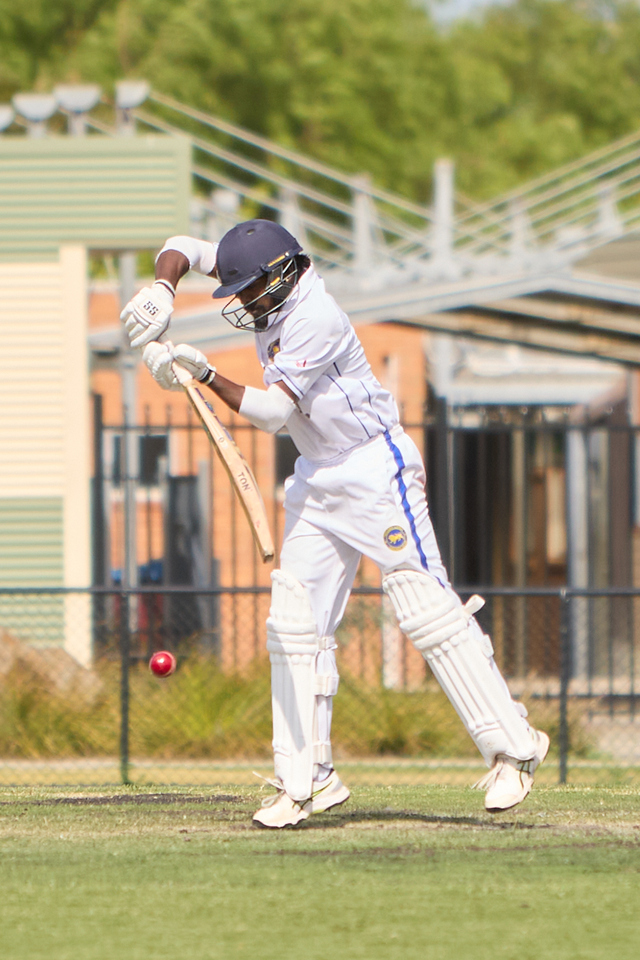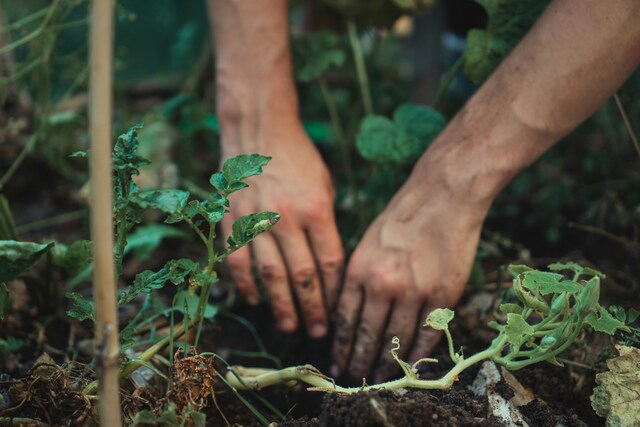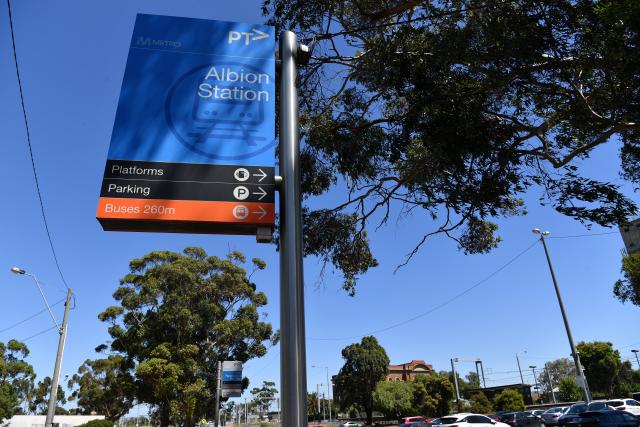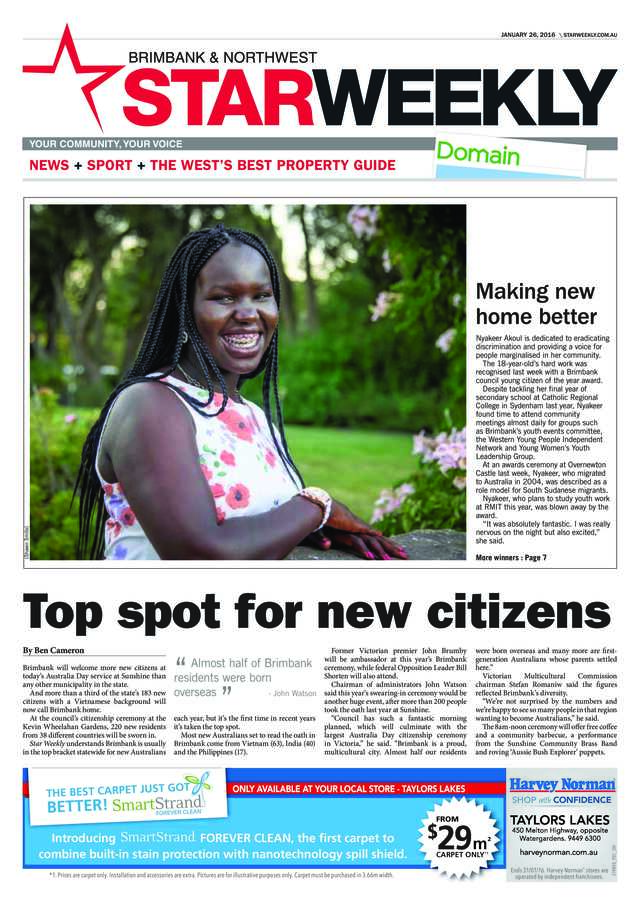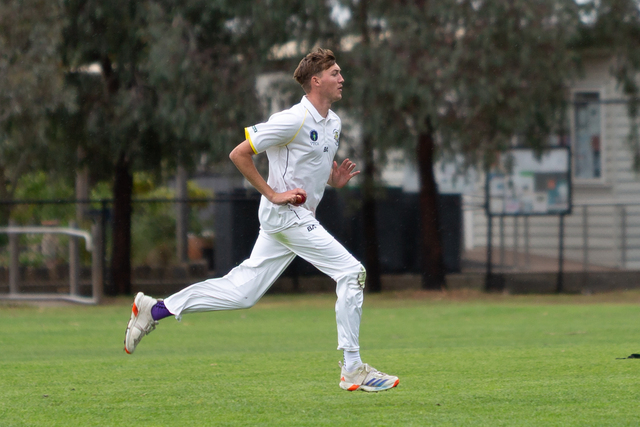For many people the holiday period is a time of celebration and joy, but for others it can be a nightmare.
In 2024, a record number of women were murdered in Australia. In the majority of cases the person subsequently convicted (or who was charged and is still awaiting trial) was a current or former intimate partner.
A report released earlier this year by the Australian Institute of Criminology found that in 2022-23 homicides increased by 4 per cent. However, the number of women killed by an intimate partner rose by a staggering 28 per cent. That trend has increased again this year.
Assaults and killings by partners are part of a broader category of crimes called family violence. It happens in every community. The number of cases reported to police is high, but it is very likely an underestimate.
And, sad to say, the pressures often associated with this time of year – including family gatherings, exhaustion, mounting bills and, sometimes, over-use of alcohol – often combine to produce a spike in assaults.
“While we often think of family violence as being committed by a person’s partner, this isn’t always the case,” says North Western Melbourne Primary Health Network (NWMPHN) program officer Nicki Moseby.
“Sometimes the aggressor is a former partner. Sometimes too the violence can be perpetrated by a sibling, or a child, or a parent or an in-law. And it’s not just an issue within heterosexual relationships. People in same sex couples and families can also commit, or be victims of, family
violence.”
Ms Moseby oversees a program called Primary Care Pathways to Safety, which helps doctors, nurses and other staff in general practices ask patients about family violence – and to respond appropriately when told that is happening.
This year NWMPHN also set up a hotline for GPs which connects them directly with family violence experts so they can make sure victim-survivors get all the help they need.
And this is important, because research shows that very often it is to trusted doctors and nurses that people first admit that they are being subjected to violence in the home.
But at this time of year, many general practices take a well-earned break, or limit operating hours. That’s entirely understandable, but it means that at the time when family violence incidents increase, the opportunity for victims to safely seek help is reduced.
So what can be done?
Professor Kelsey Hegarty heads up the University of Melbourne’s Safer Families Centre, and worked with NWMPHN to design the Pathways to Safety program.
“If you are feeling unsafe or afraid of a partner or family member, remember help is available,” she said.
“Connecting with someone you can talk to is the first step on a pathway to safety. This might be a phone line such as 1800 RESPECT, your GP, or a friend. If things are escalating, then the police are your first port of call.”
Other family members, too, can be a great source of help and support, but often they are reluctant to get involved, or unsure what to do.
“We suggest that family members offer to listen to the person about what is happening in the relationship, inquire about their needs and validate their experience,” said Professor Hegarty.
“For example, they might say, ’No one deserves to be hurt or feel afraid. Help is available’.“
Ms Moseby also pointed out that it was important to acknowledge that there is more than one form of family violence.
“It’s not always about physical assault,” she said. “There are other kinds of family violence, which are equally harmful.
“These include sexual, emotional and financial aggression and abuse – which can be more difficult to see, but are every bit as devastating.”
If you or someone you know are suffering any form of violence at the hands of partners or other family members, here are some immediate first steps to take:
If there is immediate danger, call 000 and ask for police and ambulance assistance.
For other help and support, these services are open for extended hours over the end-of-year period:
Safe Steps: 1800 015 188
1800 RESPECT national helpline: 1800 737 732
\Lifeline: 131 114
To find support in your local area, see orangedoor.vic.gov.au
For dedicated LGBTIQ+ family violence assistance: Rainbow Door: 1800 729 367
For help for women from non-English-speaking backgrounds: InTouch: 1800 755 988
For Aboriginal and Torres Strait Island people: Djirra: 1800 105 303
If you are concerned that you may commit an act of violence against a family member, contact No to Violence: 1300 766 491.
This article was provided by North Western Melbourne Primary Health Network.

